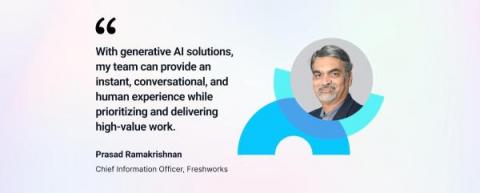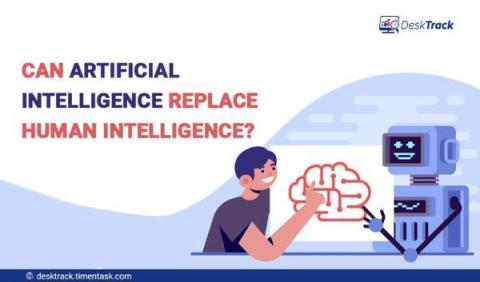How manufacturers can cut service costs with AI and automation
It’s fair to say the manufacturing industry is on the fast track to digital transformation. The pandemic exposed the fragility of our global supply chains, resulting in empty shelves and overstocked warehouses. Meanwhile, as the pandemic subsides, inflation is driving up the cost of goods and logistics, putting the squeeze on companies still recovering from the past few years. So it’s no surprise that manufacturers are looking for ways to cut costs whilst still maintaining quality.










